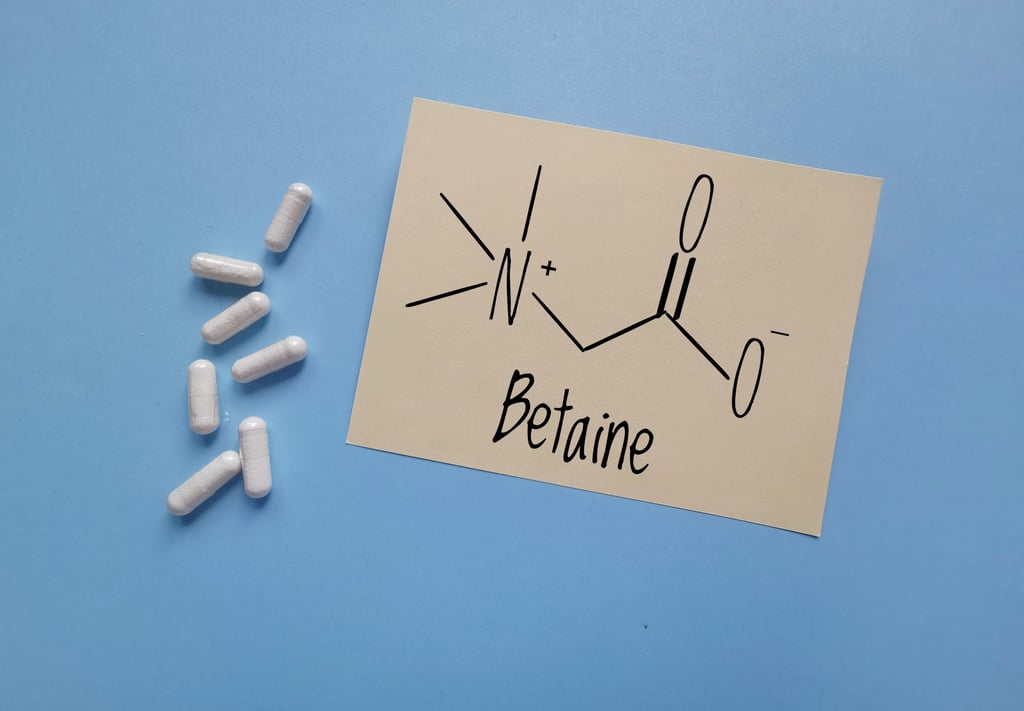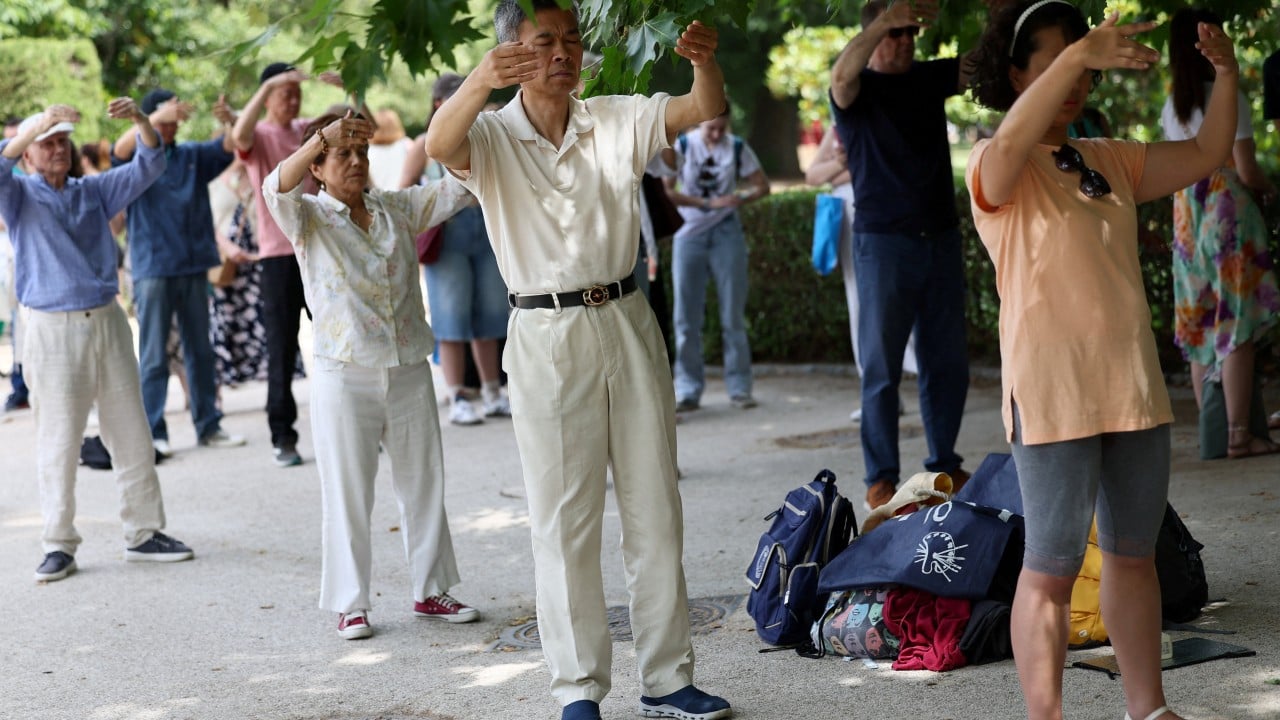A team of Chinese scientists has found that betaine – a compound naturally occurring in the kidneys during long-term exercise – can slow down the ageing process.
Advertisement
By looking at the key molecular pathways that help to reshape the physiology of the human body and delay ageing through exercise, they revealed that betaine acts as a core messenger in this process. It prevents inflammation and the ageing of multiple organs by targeting and inhibiting an enzyme called TBK1.
The findings not only shed light on the mechanism behind the anti-ageing effects of exercise, but also suggest possible anti-ageing strategies by simulating exercise, according to the joint team from the Chinese Academy of Sciences’ Institute of Zoology and Beijing Institute of Genomics.
Led by Liu Guanghui and Qu Jing from the zoology institute and Zhang Weiqi from the genomics institute, the researchers reported their findings in the peer-reviewed journal Cell on June 25.
Nutrition, exercise, sleep and stress management are widely considered the four pillars of health, including by institutions such as the World Health Organization. Much research has shown that exercise can powerfully influence the ageing process.

However, the Chinese researchers noted the fundamental molecular mechanisms between exercise and longevity remained poorly understood, as did other questions such as how various exercise patterns differed in their beneficial effects on health.
Advertisement

